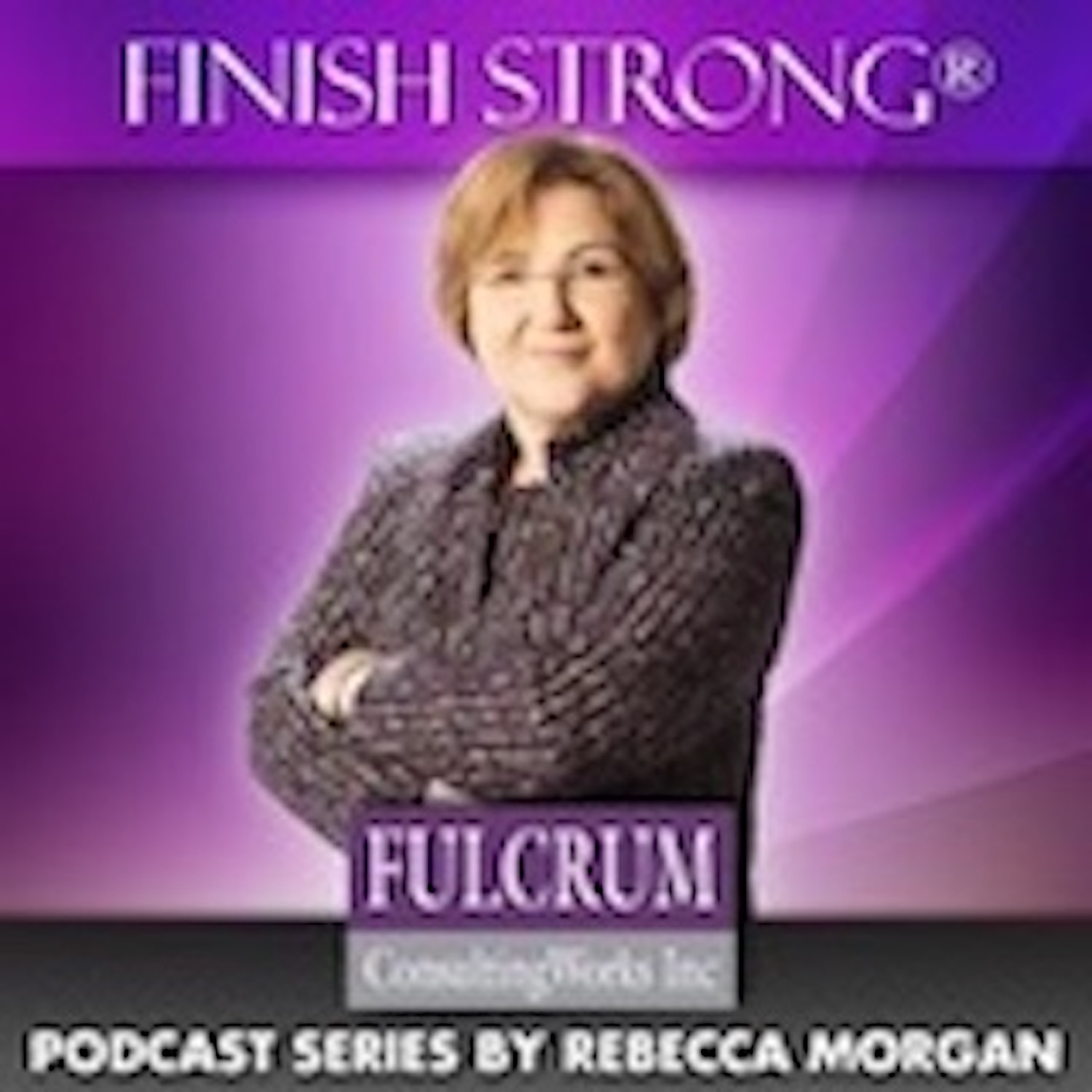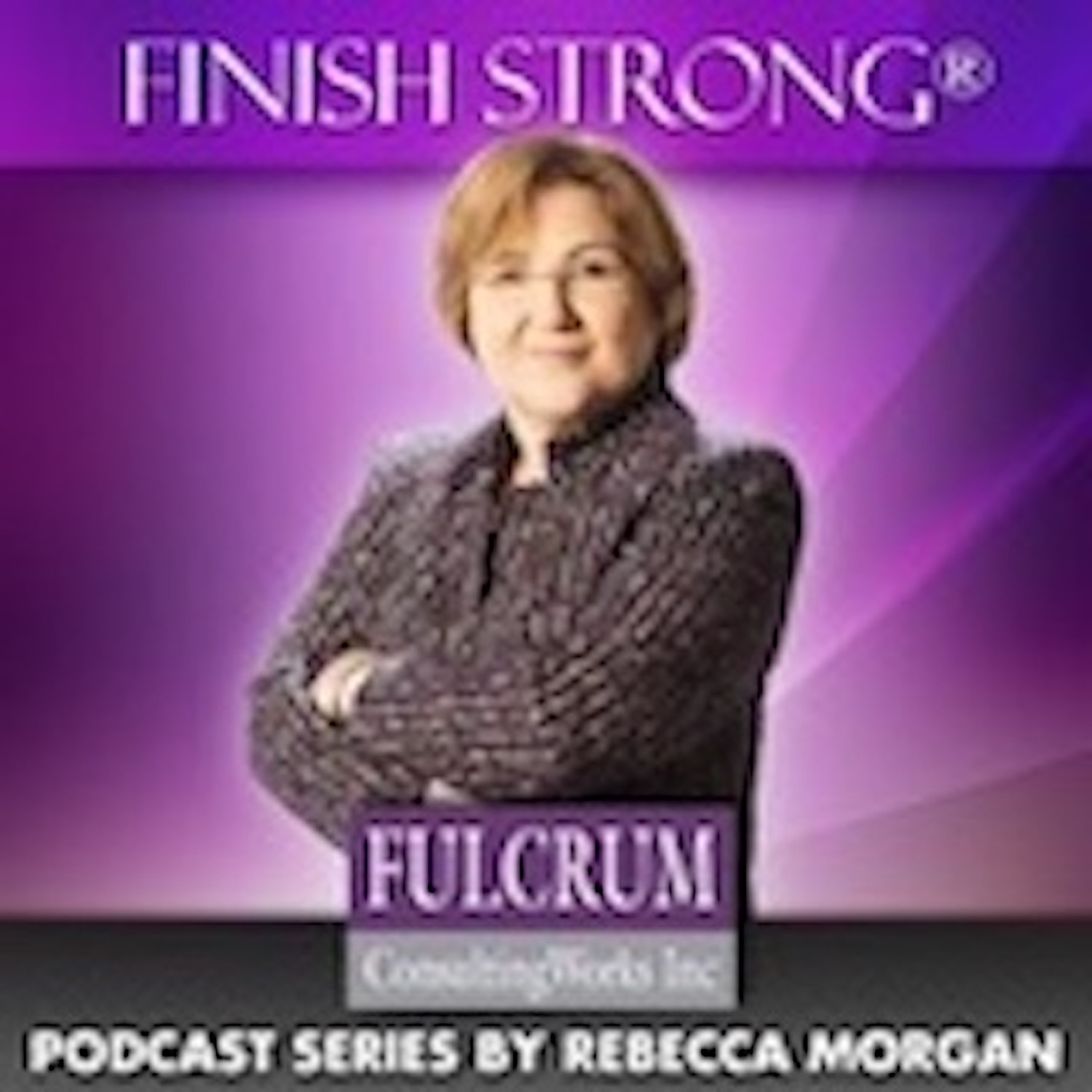full
Maximizing Profits is a Strategic Mistake
When I worked for TRW in the 1980's, the company required everyone with purchasing responsibilities to take the Chester Karrass negotiating course. At that time it was 100% focused on the assumption of a zero sum game, where whatever the other "side" got came directly from you. Win-lose. Since then companies have come to understand that successful suppliers are required by successful customers, and vice versa. Win-win became the order of the day.
Unfortunately, that understanding itself often ebbs and flows with near-term earnings, and for too many companies it has yet to extend beyond the commercial supply chain.
Every business has five constituencies: customers, suppliers, employees, investors, and the community at large. The concept of community extends into the future. Every responsible company considers all five when making major decisions. Too many leaders focus first on investors, and then on customers, and then perhaps on suppliers. If there's money "left over" the employees may get a raise or a bonus. The community? Well, if there's still money left over, maybe we'll donate to something or fix that fence.
Managing costs is integral to long term success. Managing costs is not the same as stretching payments to vendors, taking discounts not earned, or laying off highly skilled employees when times are tough. Poor processes, guestimate specifications, slow time to market and unverified products, ineffective onboarding and training, accepting bad orders or customers, staying with suppliers uninterested in improving your success, firing suppliers without investing in their success, ignoring local schools — these, and more, are all significant contributors to poor financial performance.
Consider what it takes to be a company that the best want to work for, suppliers energetically support, customers seek out, long term investors chase, and that the community is thrilled to have. You can't get there without being profitable. But being profitable doesn't put you there either. Profits are important. They can and should be derived from well considered decisions, not short term ones to maximize today's numbers.
As you consider significant decisions, I encourage you to ask yourself: 'what is the impact likely to be on all five of our constituencies?" If all five benefit, now and in the future, it's an easy decision to make. If not, consider both the short and long term impact on each of them. Then make the right decision, which might well not be the one that maximizes profits.
To focus solely on maximizing profits is a strategic mistake that few of you can afford to make.


